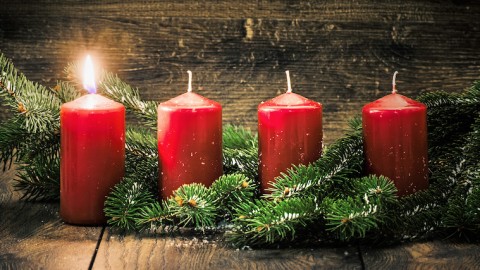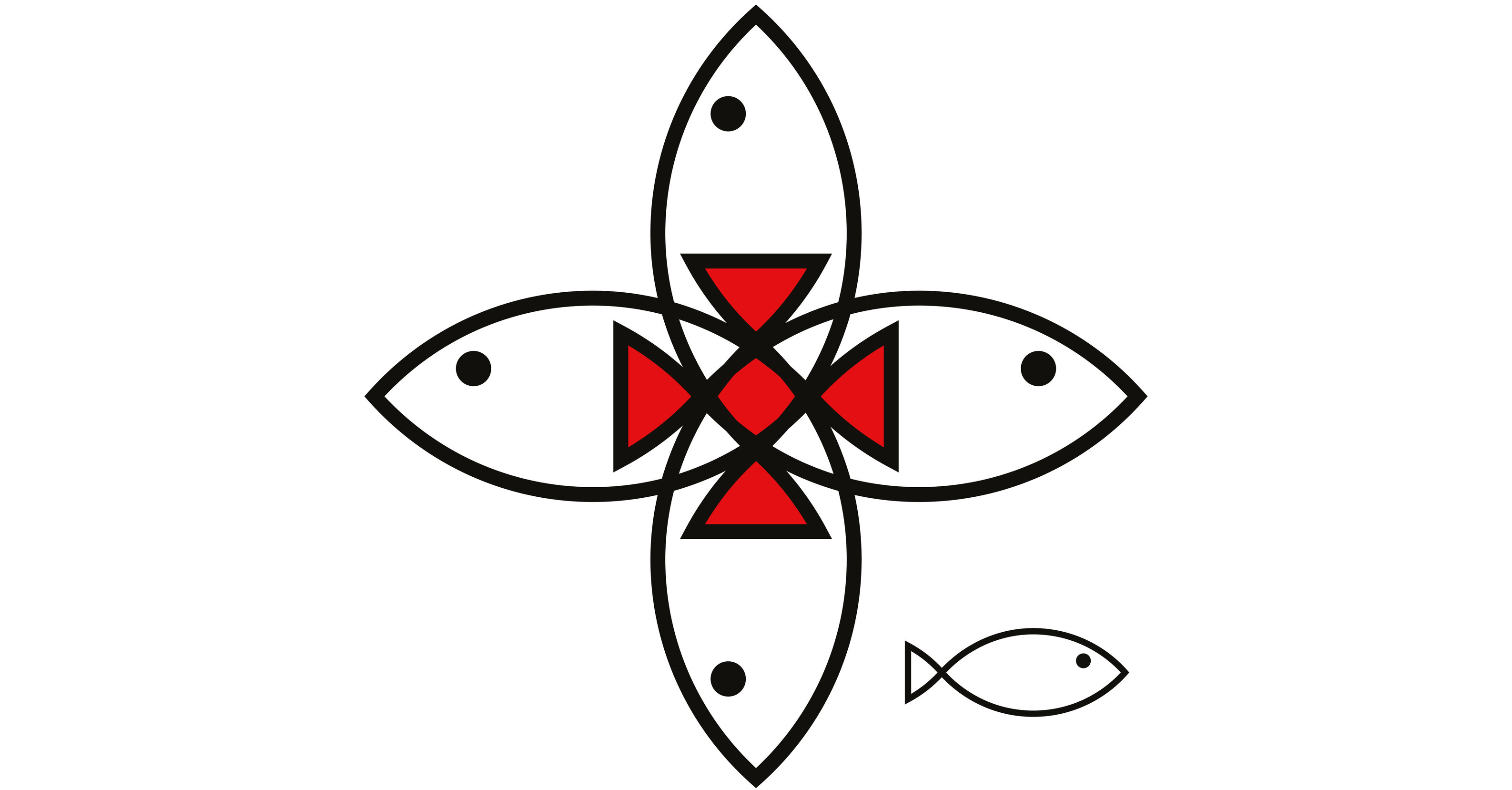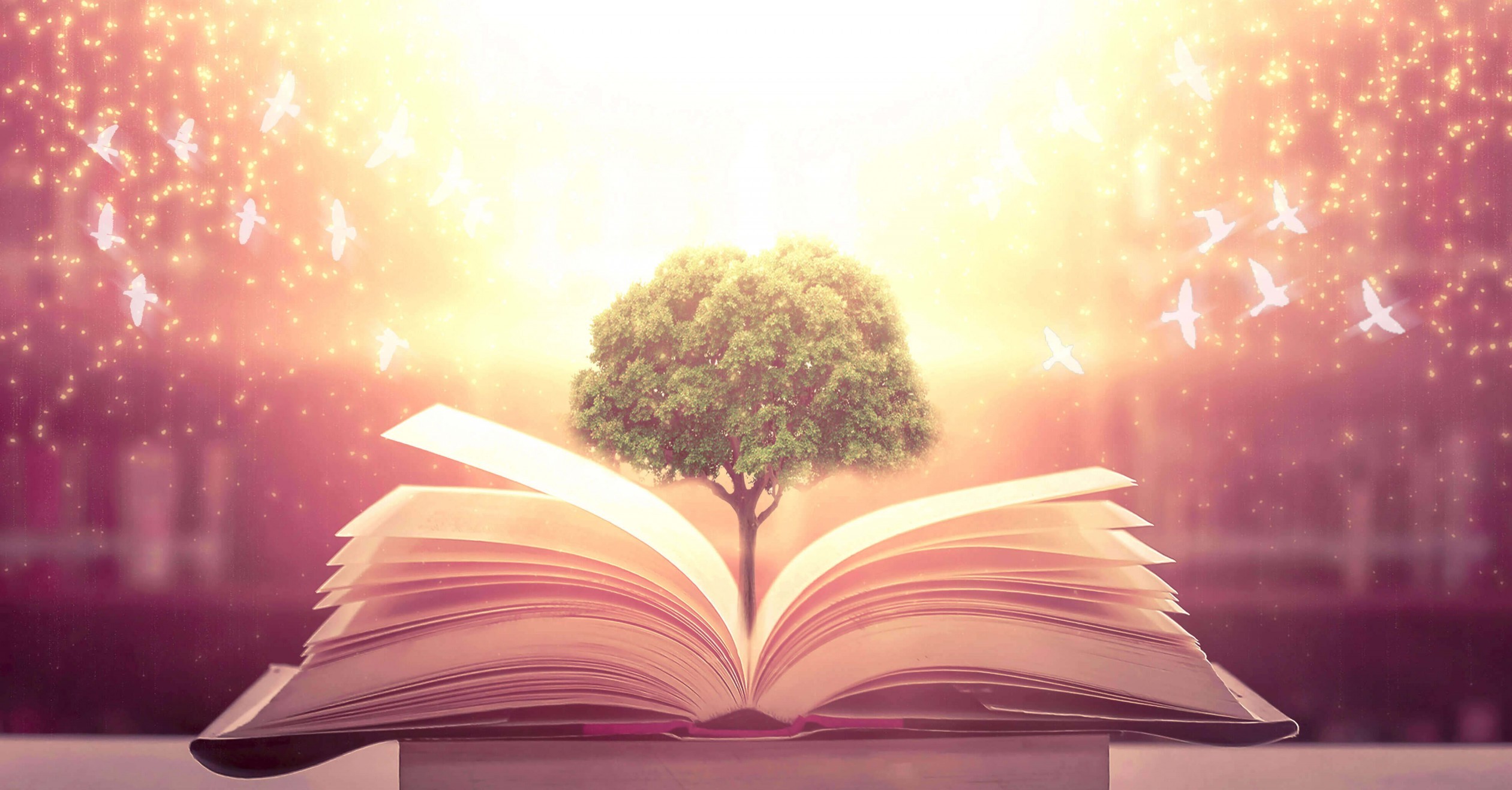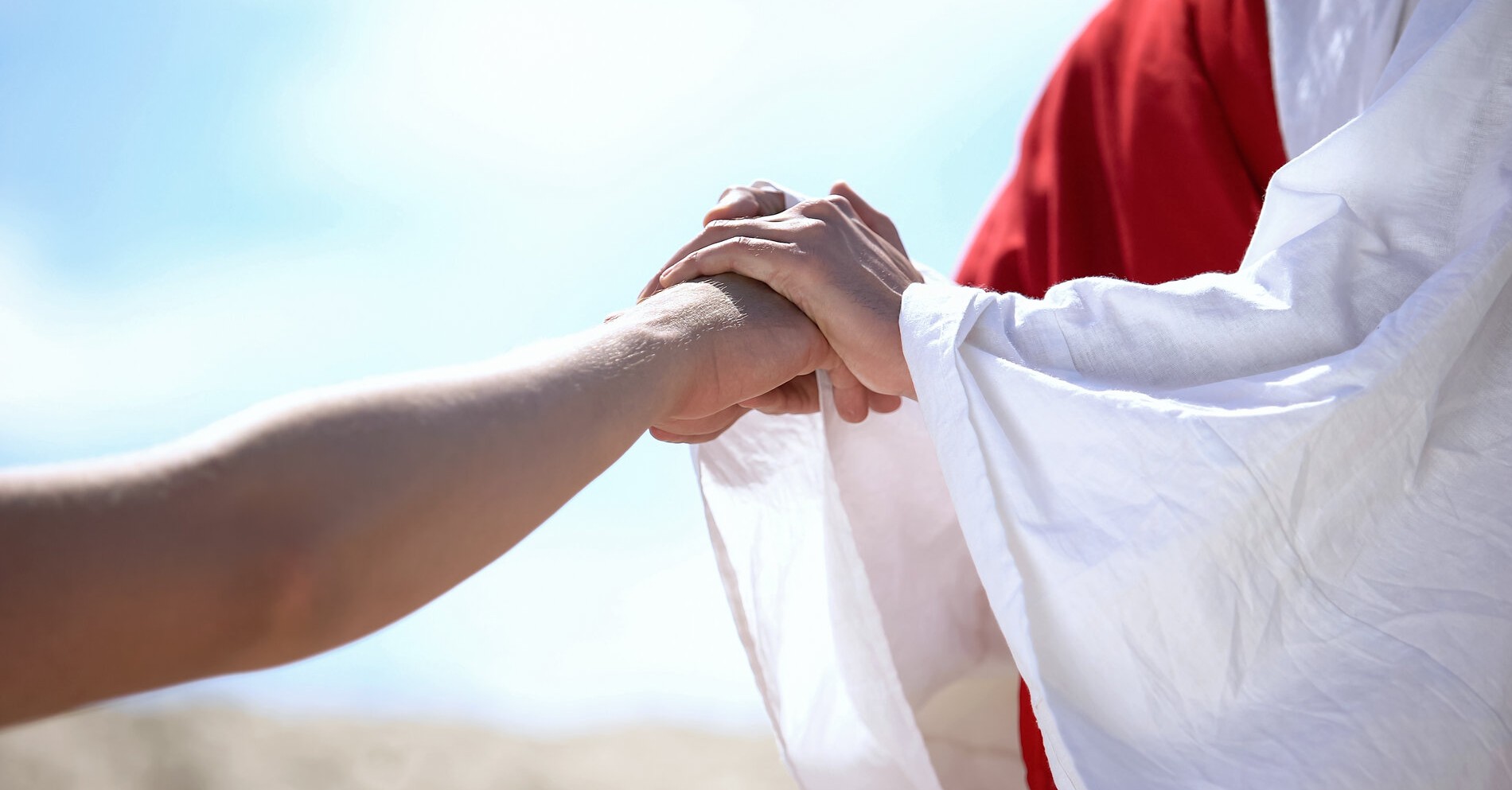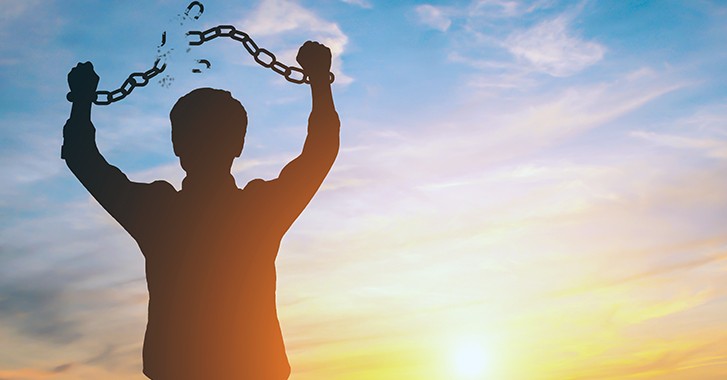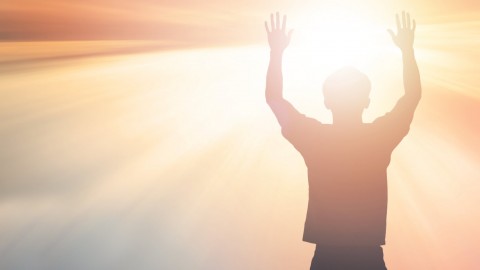22 November 2020
The feast of Christ the King points to the future; it’s a rehearsal for what is to come. It was instituted by Pope Pius XI in 1925 in response to growing secularism in the world – the “pushing out” of God from people’s lives and from nations. He said there will be no peace among nations if humanity refuses to acknowledge and submit to our Saviour’s rule: men must look for the peace of Christ in His Kingdom. Peace cannot be more effectually restored or fixed upon a firmer basis than through the restoration of the empire of our Lord. Man can make the world better in many ways, but not as God intended – that will be the Lord’s doing, and man cannot do it. It can only come through acceptance of Christ’s Kingship and surrender to His rule.

Before the Savior’s birth, a star led wise men from the East to the place where the Child lay. Jesus is “the Root of David, the Bright and Morning Star”.[1] At the Second Coming, the Morning Star will brighten the whole earth: not only a handful but all will see it. It will be an event similar to Jesus’ entry into Jerusalem, but a million times bigger.
The past few weeks’ readings prepared us for today’s theme, a reminder to us all, and to governments, nations and human institutions, of who is the true King of the universe, the Creator of heaven and earth – sometimes we forget.
- It points to Christ’s Second Coming, where He will judge the living and the dead
- It will be the culmination of God’s plan from the foundation of the world
- It’s the fulfilment of our daily prayer, “Your Kingdom come, Your will be done on earth as it is in heaven”
All nations will be gathered from the foundation of the earth, from Adam and Eve to the last person to be born. “He will separate them as a shepherd separates the sheep from the goats.” [2] Whereas earthly shepherds separate animals by their blood type, Christ separates people by their type of soul:
- The sheep signify righteous people by reason of their gentleness, because they harm no one; and by reason of their patience, because when others harm them they bear it without resistance.
- He refers to sinners as goats because their vices characterise goats: capriciousness towards other animals, pride and belligerence.
The King will say to those on His right, “Come you blessed of My Father, inherit the kingdom prepared for you from the foundation of the world.” They’ll be surprised and say, what did we do? He’ll answer, “I was hungry and you gave Me food; I was thirsty and you gave Me drink; I was a stranger and you took Me in; I was naked and you clothed Me; I was sick and you visited Me; I was in prison and you came to Me.” [3] These are the neglected ones in our society.
Does our Lord become hungry or thirsty? “Is He who Himself made everything in heaven and on earth, who feeds angels in heaven and every nation and race on earth, who needs nothing of an earthly character, as He is unfailing in His own nature, is this one naked? It is incredible to believe such a thing… the Lord hungers not in His own nature, but in His saints; the Lord thirsts not in His own nature, but in His poor; the Lord who clothes everyone is not naked in His own nature, but in His servants; the Lord who is able to heal all sicknesses and has already destroyed death itself is not diseased in His own nature, but in His servants; the one who can liberate every person is not in prison in His own nature, but in His saints. Therefore you see, my most beloved, that saints are not alone.” [4] The poor, the despised and neglected in society are not alone – Jesus is with them. They suffer these things because of their simplicity and faith in Christ; “in the same way, because of the saints, the Lord suffers all these things with them.” If you see people who are suffering, that’s where we’ll find Christ.
It makes some uncomfortable to think that the Lord will come again to judge the living and the dead. One Jewish commentator said the reason why the Jews are so persecuted is because they believe the same thing. We need to live in constant awareness of God, His Kingdom and its future consummation and completion. We need to live every day in constant awareness that we’re at the precipice or cliff-edge of eternity, and not be distracted by the things around us. We may already be living in eternity in this life without knowing it. Let’s seize every opportunity to feed the hungry, give water to the thirsty, clothe the naked and vulnerable, and visit the sick, those in prison and those neglected in society. This is the antidote to individualism and self- absorption. We need to think of others, because Jesus does so all the time: He was thinking of you on the cross.
Salvation is a pure gift from God: it’s received by faith and is not acquired by good works; but salvation, after being received, produces good works on the part of the recipient.
We anticipate the day when the kingdoms of the world will have become the Kingdom of our Lord and Christ. Every time we pray together or celebrate the Eucharist we proclaim God’s Kingdom – that one day the kingdoms of this world will end. Don’t be afraid of the ending – where there’s an end, there’s a beginning. From what God has promised, it will be completely different, and the things that happened in the past because of Adam and Eve’s sin will be forgotten. Where there’s an end, we look forward to the new beginning.
[1] Revelation 22:16
[2] Matthew 25:31, Ezekiel 34:16-22
[3] Matthew 25:35-36
[4] Epiphanius, 403 A.D.


